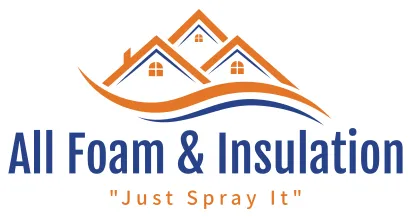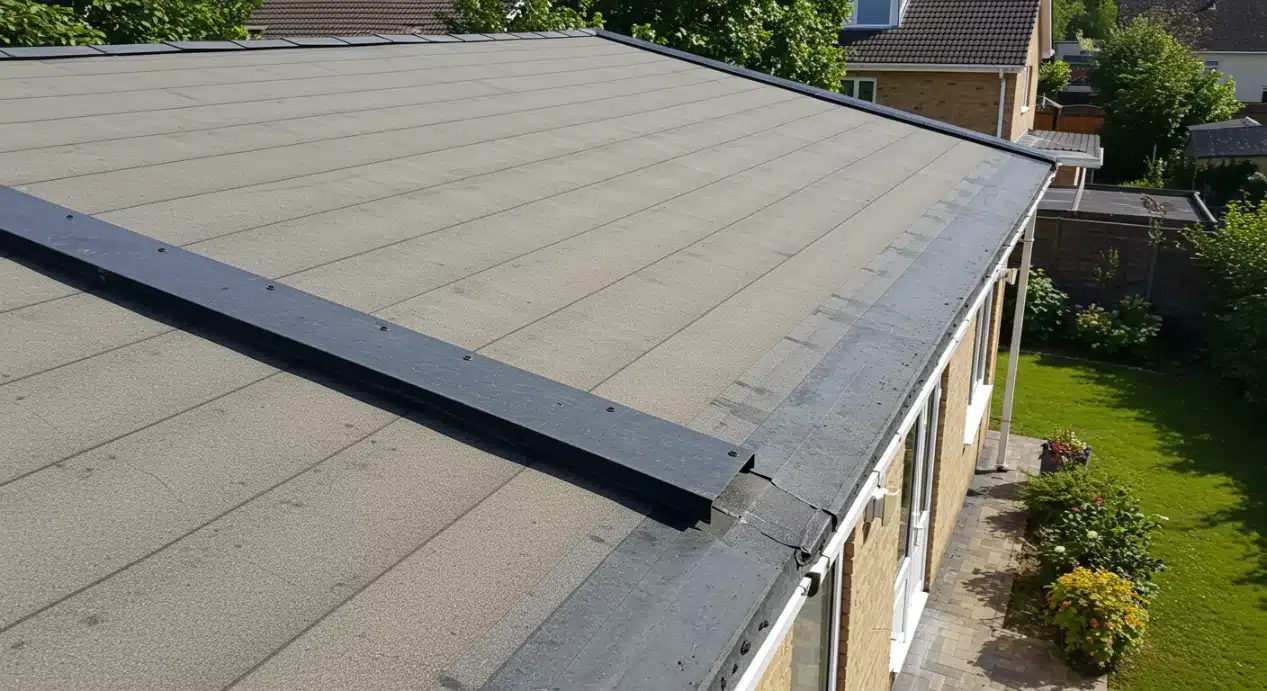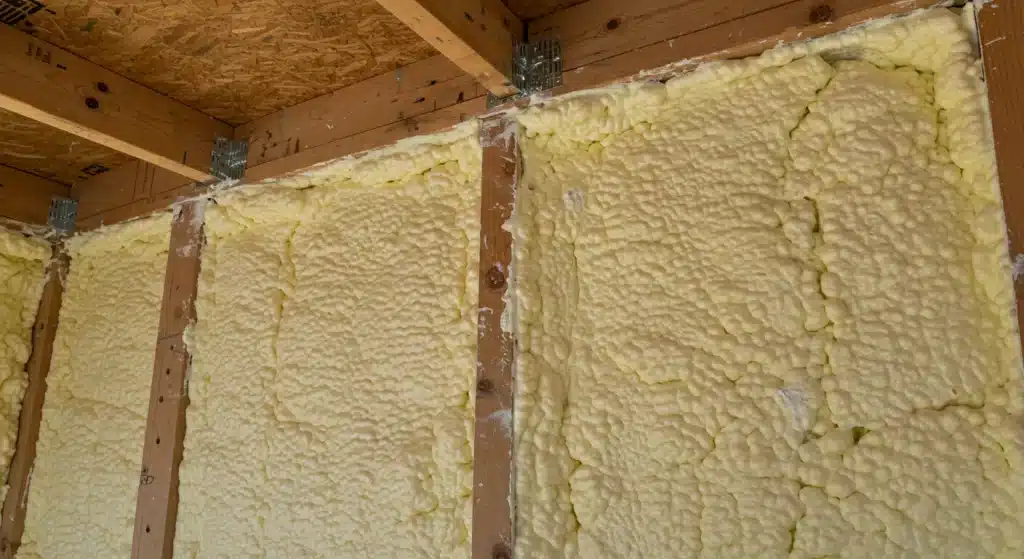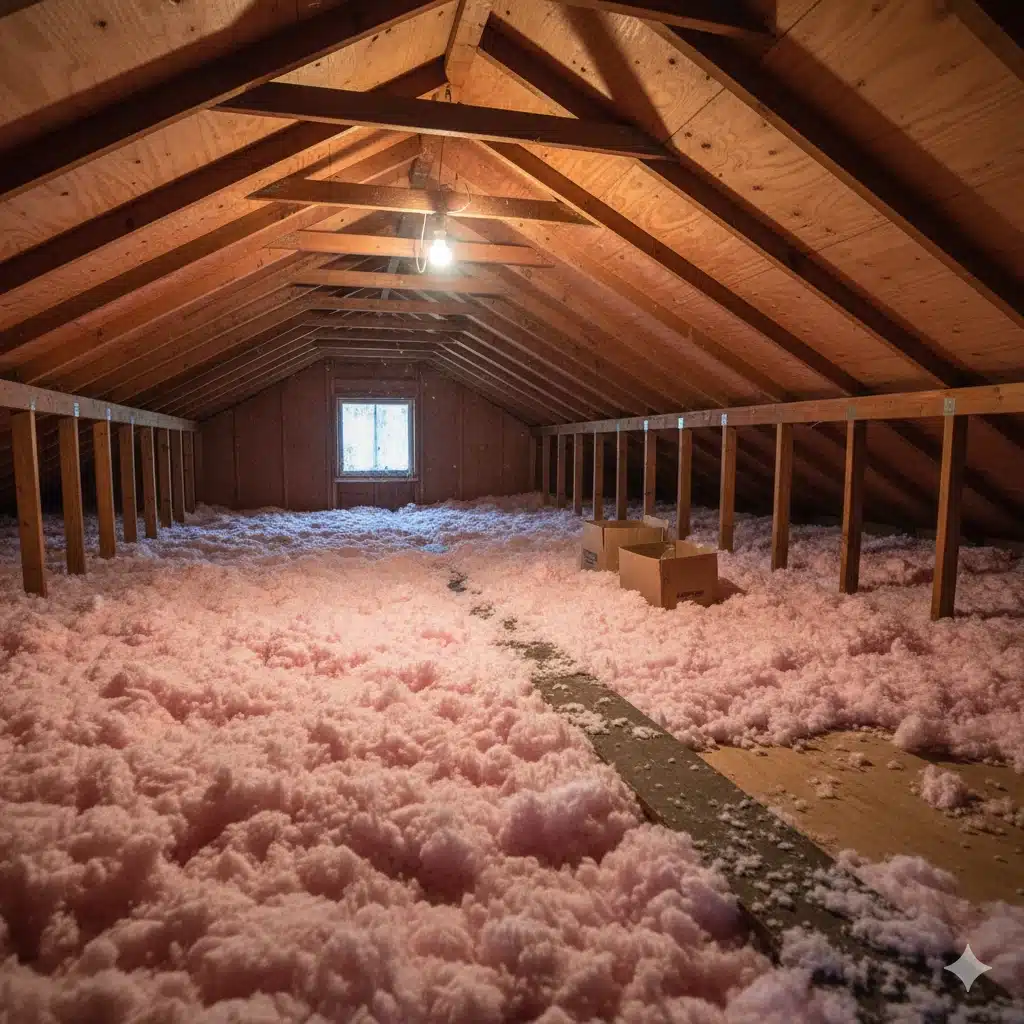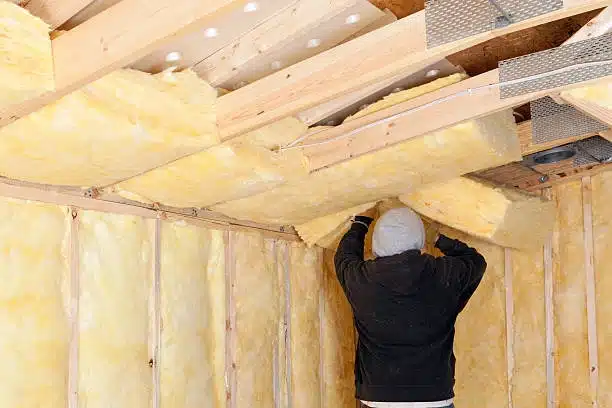Introduction
Selecting a reliable membrane roofing contractor is essential for ensuring long-term durability, energy efficiency, and cost savings. Whether you need a roof for a commercial building or a residential property, making the right choice can prevent issues like leaks, poor insulation, and premature wear. Understanding key factors like contractor experience, material quality, and installation methods will help you make an informed decision.
Understanding Membrane Roofing
Membrane roofing is a widely used system that provides waterproofing and insulation benefits. It is commonly applied in flat or low-slope roofs, offering resistance to weather conditions and UV exposure. The three primary types include:
- TPO (Thermoplastic Olefin): Known for energy efficiency and durability.
- EPDM (Ethylene Propylene Diene Monomer): A rubber-based material that offers flexibility and longevity.
- PVC (Polyvinyl Chloride): Resistant to chemicals, grease, and high winds.
Each type has distinct advantages, making it crucial to work with a contractor who understands the best application for your needs.
Key Factors to Consider When Hiring a Contractor
1. Experience and Specialization
A contractor with extensive experience in membrane roofing will ensure the job is done correctly. Look for a company that specializes in TPO, EPDM, or PVC roofing rather than a general roofing contractor. Ask about:
- Years of experience in membrane roofing installation
- Previous projects and case studies
- Certifications from manufacturers
2. Licensing, Insurance, and Warranties
A licensed and insured contractor provides legal and financial protection. Before hiring, confirm the contractor has:
- A valid Oregon contractor’s license
- General liability and worker’s compensation insurance
- Manufacturer warranties for the roofing materials used
These elements protect you from liability and ensure quality workmanship.
3. Material Quality and Supplier Partnerships
High-quality materials contribute to a longer-lasting roof. Ask potential contractors about their suppliers and whether they use industry-recognized brands. Some of the best membrane roofing manufacturers include:
- GAF
- Firestone
- Carlisle SynTec
- Johns Manville
Working with certified contractors who use these brands ensures high-performance roofing systems.
4. Installation Methods and Techniques
Membrane roofing can be installed using different methods, including:
- Fully Adhered: Provides superior wind resistance by gluing the membrane directly to the substrate.
- Mechanically Fastened: Uses fasteners to secure the membrane, ideal for high-wind areas.
- Ballasted: Involves loose-laid membranes held down by heavy stones or pavers, suitable for large commercial roofs.
Discussing these techniques with your contractor will help determine the best approach for your property.
5. Local Reputation and Customer Reviews
A contractor with a strong local reputation is more likely to provide quality service. Check online reviews, testimonials, and ratings on platforms such as Google, Yelp, and the Better Business Bureau. Ask for references and follow up with past clients to learn about their experiences.
Signs You Need a Membrane Roof Replacement
- Frequent leaks and water damage
- High energy bills due to poor insulation
- Visible cracks, bubbles, or punctures
- Mold or mildew growth inside the property
- Age of the roof (typically 20+ years)
If you notice these issues, it’s time to consult a professional for an assessment.
Why Professional Installation Matters
A properly installed membrane roof enhances durability, efficiency, and property value. Common installation mistakes, such as improper sealing or inadequate drainage, can lead to costly repairs. Hiring a professional ensures:
- Correct seam sealing and flashing application
- Proper insulation for energy efficiency
- Compliance with building codes and safety regulations
Expert Consultation for Your Roofing Needs
Choosing a roofing contractor is a significant investment. If you’re considering a membrane roof in Ruch, OR, consult a reputable expert to assess your property and provide a detailed estimate.
For expert guidance, contact All Foam & Insulation, LLC at (541) 826-9600 or email [email protected].
FAQs
How much does membrane roofing cost?
The cost varies based on materials, roof size, and installation complexity. Expect to pay between $5 and $12 per square foot.
How long does a membrane roof last?
TPO and PVC roofs last about 20–30 years, while EPDM can last 25–35 years with proper maintenance.
What is the best type of membrane roofing?
TPO is energy-efficient and cost-effective, EPDM is known for flexibility and durability, and PVC offers superior chemical resistance. The best choice depends on your specific needs.
Can I install membrane roofing myself?
DIY installation is not recommended due to the technical requirements and risks involved. Hiring a professional ensures proper installation and warranty coverage.
Does membrane roofing require maintenance?
Yes. Regular inspections, cleaning, and minor repairs help extend the lifespan and performance of the roof.
Is membrane roofing environmentally friendly?
Many membrane roofing systems are recyclable and contribute to energy efficiency by reducing heat absorption.
What is the installation time for membrane roofing?
Most installations take between 3 to 7 days, depending on the size and complexity of the project.
Does membrane roofing withstand extreme weather?
Yes. TPO and PVC membranes offer excellent resistance to wind, hail, and UV exposure, making them ideal for varying climates.
Can membrane roofing be repaired?
Yes, minor issues like punctures or seam separation can be patched. For extensive damage, partial or full replacement may be needed.
What should I look for in a roofing warranty?
Look for both material and workmanship warranties. Manufacturer warranties typically cover 10–30 years, while contractor warranties may range from 5–10 years.

